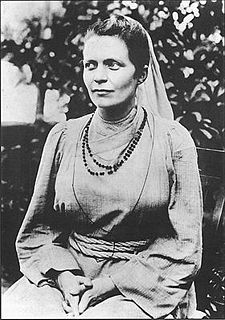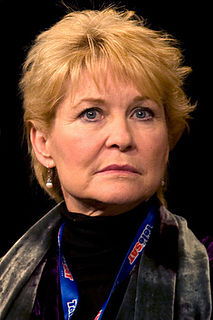A Quote by Alfred North Whitehead
The task of a university is the creation of the future, so far as rational thought and civilized modes of appreciation can affect the issue.
Quote Topics
Related Quotes
There is as yet no civilized society, but only a society in the process of becoming civilized. There is as yet no civilized nation, but only nations in the process of becoming civilized. From this standpoint, we can now speak of a collective task of humankind. The task of humanity is to build a genuine civilization.
If the many and the One be indeed the same Reality, then it is not all modes of worship alone, but equally all modes of work, all modes of struggle, all modes of creation, which are paths of realization. No distinction, henceforth, between sacred and secular. To labour is to pray. To conquer is to renounce. Life is itself religion. To have and to hold is as stern a trust as to quit and to avoid.
Only the heart knows the correct answer. Most people think the heart is mushy and sentimental. But it's not. The heart is intuitive; it's holistic, it's contextual, it's relational. It doesn't have a win-lose orientation. It taps into the cosmic computer - the field of pure potentiality, pure knowledge, and infinite organizing power - and takes everything into account. At times it may not even seem rational, but the heart has a computing ability that is far more accurate and far more precise than anything within the limits of rational thought.
Take the life issue. This issue requires a president and an administration leading our nation to understand the importance of life. This whole faith-based initiative really ties into a larger cultural issue that we're working on. It begins to affect the life issue, as well as the human dignity issue, because when you're talking about welcoming people of faith to help people who are disadvantaged and are unable to defend themselves, the logical step is also those babies.
The fact that modern physics, the manifestation of an extreme specialization of the rational mind, is now making contact with mysticism, the essence of religion and manifestation of an extreme specialization of the intuitive mind, shows very beautifully the unity and complementary nature of the rational and intuitive modes of consciousness; of the yang and the yin.








































